Business planning is an important strategic tool in running your business effectively. It enables you to take a snapshot in a point in time which encapsulates everything that your business is currently about, where it would like to get to and how it is going to get there.
“By failing to prepare, you are preparing to fail.”
Benjamin Franklin
A good business plan should include things such as:
1. Goals
A detailed description of short, medium and long term goals for the business. It is important to set yourself objectives to not only give yourself clear direction but the people you are leading. A good place to start is to consider where you are now in terms of things such as revenue, customers or what ever you feel is most important for your business. A good guide is to create milestone goals at 6 months, 12 months, 3 years and 5 years.
2. Review of risk
Every business plan should consider risks to the business and how to combat them. Important factors to consider are competition, direct and indirect changes to the business environment (government legislation, political factors, social influences, trends, etc…). Risks may be mitigated with well thought-out insurances, business strategies and contingency plans.
3. Strengths
Weaknesses are important to consider, however doubling down on strengths can lead to extremely successful businesses. By assessing what we are good at, it allows us to focus our efforts to maximise our effective use of time. Consider what strategies you can implement which create a synergy of your efforts and resources.
4. Financial
The main underlying factor of every business is financial. You can have the best ideas in the world but if you don’t know how to fund it along the way you are destined to fail. Many factors need to be considered such as costings, break even points, profit points, compliance, cash-flow management and on and on and on. A good business plan will consider this financial aspect and allow the business to capitalise when things are going well and reduce risk when things aren’t so much.
5. Marketing
Every business must consider what they sell, who their target market is and the most effective way to reach them. Its worth the time to think about these things and then actually speak to your customers to find out their thoughts. If you think you can tell people what they what you are oh so very wrong. Listen to your customers and adapt your plans, products and sales constantly.
6. People
The right people, in the right seats on the right bus. When I first started as an accountant I was sat down in a office and told to read several books that weekend and come back in on Monday and give my opinion, At the time I didn’t really understand why, I just thought great more work to do. After being in so many businesses over the past 15 years, now I understand. He was trying to see if I had the drive to complete a difficult task in a short time-frame and see if we thought the same way so we could work effectively together. You should consider every person in your business and if they are the right fit in your plan. Having the right people, wanting to travel to the same place is the only way to reach your business destination.
There is lots more to consider in business planning but these are some thoughts to get the ideas flowing. Its important to include what you think you need in your business plan, as a business is ultimately a representation of the leaders of the business.
There are resources provided by the government to get you started which can be found here:
https://www.business.gov.au/planning/templates-and-tools/business-plan-template-and-guide

